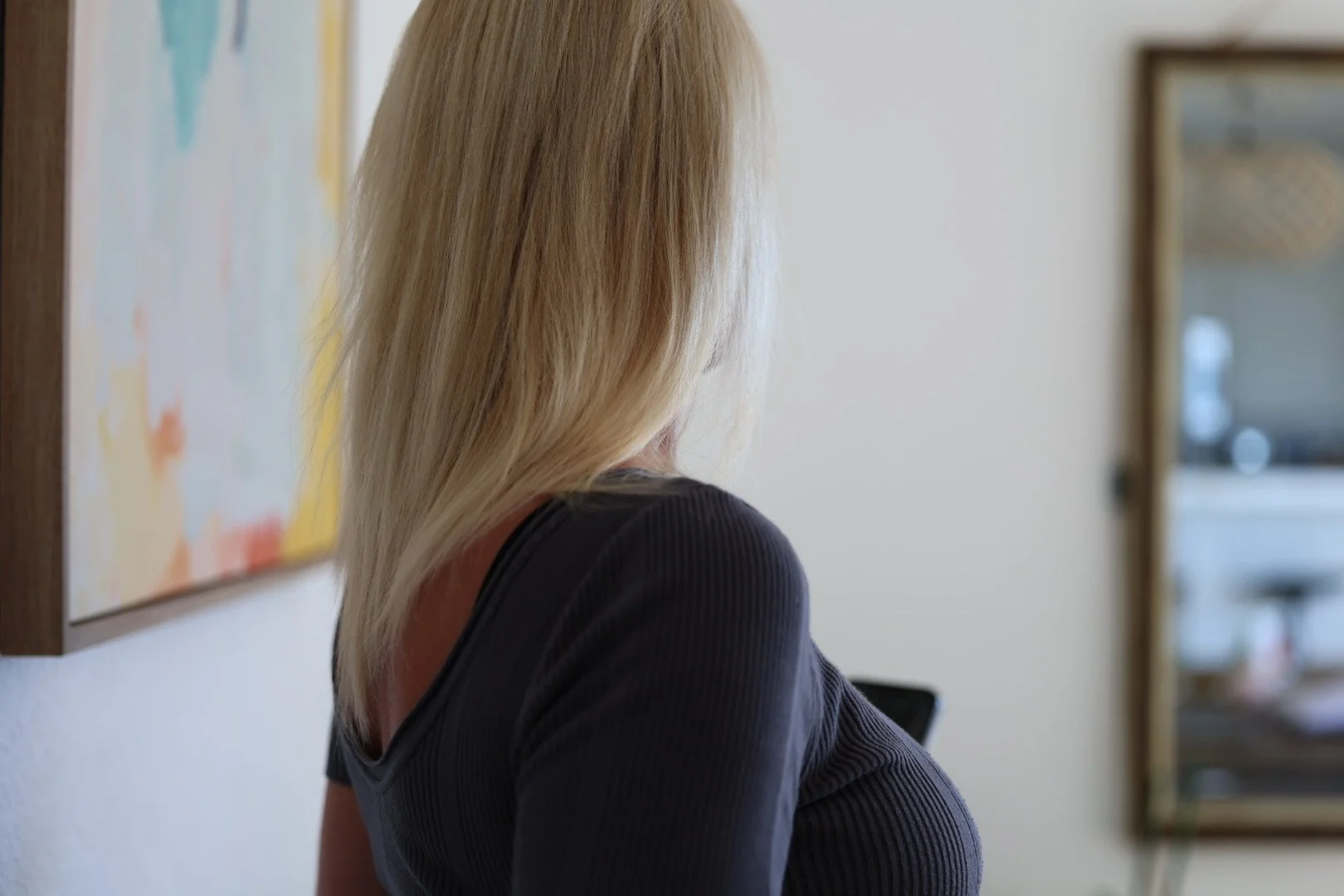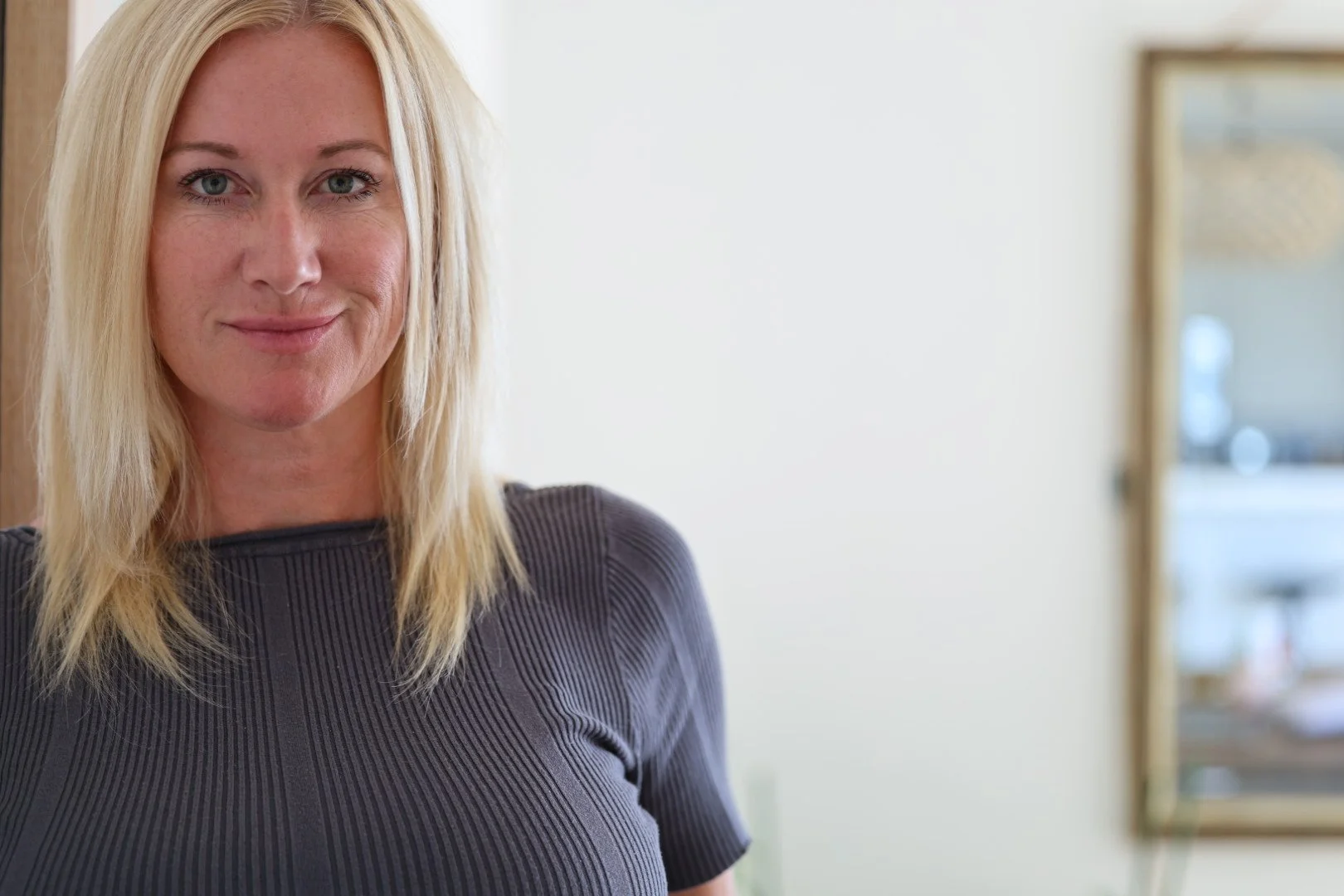The Fawn Response: When Pleasing Others Becomes a Survival Strategy
The Little Girl Who Stayed Awake
There’s a little girl lying in bed — wide awake.
Her small body tense, listening for the sound of the front door.
She’s praying her daddy doesn’t come home drunk tonight.
Praying her parents don’t fight.
Praying she can stay invisible long enough for the storm to pass.
When she hears footsteps, her breath catches.
She studies the rhythm — is it heavy? soft? angry?
She’s too young to understand it, but her body already knows: her safety depends on how well she can read the room.
So she learns to be quiet.
To smile even when she’s scared.
To comfort others before herself.
To say yes when she means no.
And over time, that little girl becomes a woman —
a woman who still feels safest when everyone else is okay.
Who apologizes too much.
Who feels responsible for other people’s moods.
Who confuses peace with people-pleasing.
Not because she’s weak.
But because her nervous system remembers — love was never safe unless she made herself small.
And often, these women grow up to attract relationships that mirror the very dynamics they once endured.
They find themselves drawn to emotionally unavailable or narcissistic partners, mistaking intensity for love and control for care.
Their nervous systems recognize the familiar — not the healthy.
Because somewhere deep inside, familiar once meant safe.
They overgive, overextend, and overfunction — trying to earn the love they never fully received as children.
And the more they give, the more depleted they feel, wondering why love always seems to hurt.
What You Just Read Is the Fawn Response
The fawn response is one of the four trauma responses — fight, flight, freeze, and fawn.
While “fight” reacts with anger and “flight” runs from danger, the fawn response tries to avoid conflict through appeasement.
It’s the instinct to smooth things over, to say what others want to hear, to put everyone else’s comfort above your own — even when it hurts.
It’s not about being nice. It’s about being safe.
Your nervous system learned this pattern early on — often in homes filled with tension, unpredictable emotions, or inconsistent love.
As a child, you didn’t have control, so your body found the only way it could survive: by keeping everyone happy.
How the Fawn Response Shows Up in Adulthood
If you’ve ever caught yourself:
Saying “I’m sorry” when you’ve done nothing wrong
Feeling anxious when someone’s upset with you
Struggling to set boundaries or say “no”
Taking responsibility for other people’s feelings
Avoiding conflict at all costs
Feeling guilty for resting, asking for help, or having needs
Then your nervous system may still be operating in a fawn state — trying to earn safety and love by being agreeable.
It’s Not Your Fault — It’s Your Nervous System
From a physiological perspective, fawning is a protective state.
When your brain senses threat, it releases stress hormones to keep you safe.
If fighting or fleeing isn’t an option, your body turns to appeasement — it becomes hyper-attuned to others’ emotions to avoid harm.
It’s a brilliant survival mechanism.
But over time, that same mechanism can leave you disconnected from your authentic self.
You might forget what you want, because you’ve spent years adapting to what everyone else needs.
Healing begins when you realize:
You no longer have to earn safety by sacrificing yourself.
Healing the Fawn Response
The fawn response doesn’t go away overnight.
It’s gently unlearned — through nervous system regulation, self-awareness, and deep compassion for the parts of you that had to survive this way.
Here are a few practices that can help you begin to unwind it:
Pause before saying yes.
Feel into your body. Does your “yes” feel tight or expansive? Fear-based or genuine?Practice safe “no’s.”
Start small. Say no to things that drain you. Let your body experience that it’s okay — that you’re still safe.Learn to self-regulate.
Through somatic healing, breathwork, or Reiki, you can teach your body that safety exists within, not outside of you.Reclaim your authentic self.
Journal, move, cry, breathe. Explore what you like, what you want, what you believe — separate from who you were told to be.
Healing the fawn response is not about becoming less kind — it’s about being kind without abandoning yourself.
You Don’t Have to Earn Love Anymore
To every woman who’s ever walked on eggshells,
who’s made herself smaller to be loved,
who’s mistaken people-pleasing for peace —
this is your reminder:
You are safe to take up space.
You are safe to have needs.
You are safe to disappoint others and still be loved.
Your nervous system can learn safety not through control or compliance, but through trust.
That’s where your freedom lives.
That’s where healing begins.
If You’re Ready to Heal the Fawn Response
This is the work I guide women through in my 1:1 Somatic Healing Sessions — gently rewiring survival patterns through nervous system regulation, body awareness, and energy healing.
If you’re ready to stop fawning and start feeling safe in your truth, learn more about my Somatic Healing Sessions or book a free consultation to begin your journey back home to yourself.



